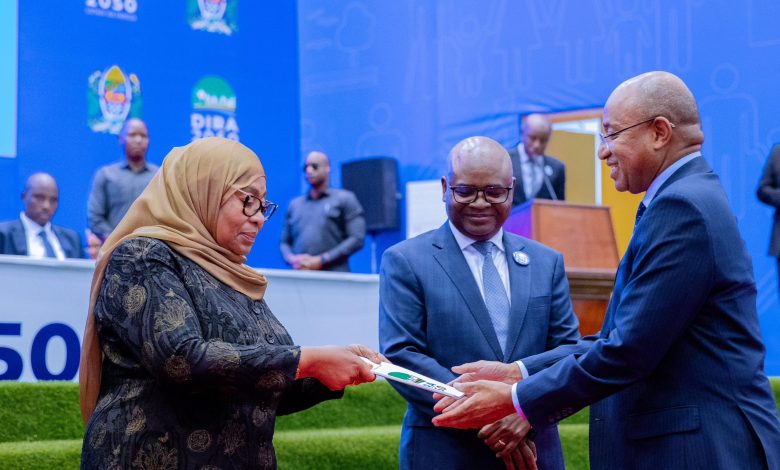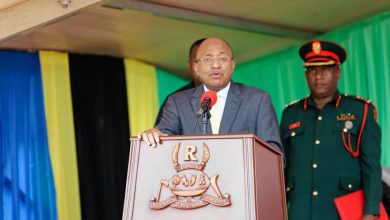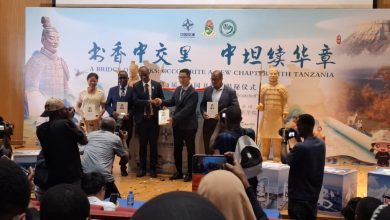‘Vision 2050 to redefine TZ’

DODOMA: THE newly unveiled Tanzania’s Vision 2050 (TDV 2050) will help transform the country into an industrialised, upper-middle-income and globally competitive economy by the year 2050, analysts say.
Some political and economic analysts reached for views on the blueprint have described it as a transformative agenda that could redefine the country’s future and influence global development trends.
Speaking with the SUNDAY NEWS Reporter, advocate of the High Court and international affairs expert Novatus Igosha said the Vision is more than a national plan.
“It is a roadmap for the Global South. With inclusive values and bold strategies, it could shape global development discourse,” he said.
Mr Igosha said that Tanzania, as it transitions into a trillion-dollar economy and upper-middle-income country, is emerging as a centre of innovation, diplomacy and digital growth.
“These are priorities that resonate globally. I do believe that as a country, we can offer a valuable model for emerging economies and global partners alike, if we truly walk the talk, rather than simply talk the talk,” Mr Igosha said.
On his side, the Lecturer and Political analyst from the University of Dodoma, Dr Paul Loisulie, said that the Vision is well-structured and holds the potential to move Tanzania into upper-middleincome status. He praised its focus on key sectors such as agriculture, tourism, mining, the blue economy, industrialisation and creative industries.
However, he emphasised that implementation must be inclusive, calling for publicprivate collaboration and deeper engagement from all stakeholders.
He also stressed the need for effective communication and resource mobilisation, particularly in human capital.
“The private sector should not be viewed as just foreign investors. It includes our farmers, SMEs and entrepreneurs. The more we raise awareness, the more people will engage with the Vision,” Dr Loisulie said. Furthermore, an economist from Saint Augustine University of Tanzania (SAUT), Dr Isaac Safari, described Vision 2050 as a strategic blueprint guiding the country toward a competitive, sustainable economy.
He likened the Vision to a “guiding light” that offers clarity on Tanzania’s future path, emphasising that successful implementation requires responsibility from every sector of the society.
ALSO READ: ‘Vision reflects needs, expectations of Tanzanians’
“The government has done its part, now it’s time for individuals, the private sector and institutions to take responsibility,” Dr Safari said.
He added that Tanzania must rely on its natural and human resources rather than external loans and aid.
Dr Safari further added that no country develops without empowering its local investors and entrepreneurs.
With a strong emphasis on industrialisation, digital transformation, inclusive growth and regional integration, Vision 2050 has laid the foundation for a new era of economic progress.





